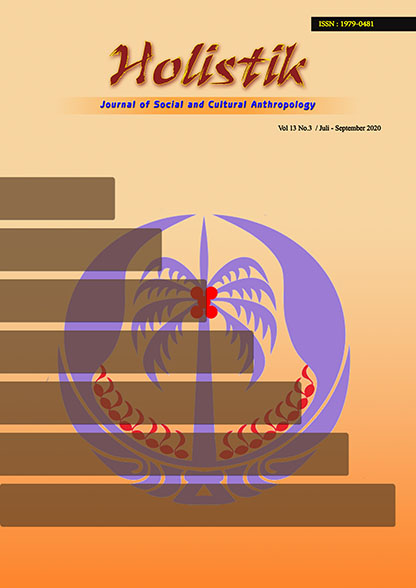KEHIDUPAN SOSIAL EKONOMI TUKANG OJEK DI KECAMATAN MADIDIR KOTA BITUNG
Abstract
Two-wheeled Vehicles (Ojek), is an informal means of transportation that is needed by the community of Bitung City Madidir subdistrict. The use of motorcycles, to reach places that are difficult to be traversed by four-wheeled vehicles (public transport). To bring people and goods based on agreement between the Users of transportation services (Ojek) and riders. Usually two-wheeled vehicle drivers (Ojek) work in groups and gather at certain points along with the drivers of other two-wheeled vehicles (Ojek). Usually a two-wheel rider called by the name Ojek base or discuss in general is a conventional ojek that is not bound by the company (Independent).
Being a Ojek handyman is a choice taken by a number of people despite the income they earn low and unstable but this work they do as a major livelihood that can make money and hope the family economic needs are fulfilled.
Economic problems occur in various sectors both formal and informal sectors. The informal sector is currently experiencing problems i.e. two-wheeled transportation or Ojek. The development of technology that facilitates the public to access the transportation services online that makes the base motorcycle taxi driver.
In general they also do not have private home and land in the city of Bitung (just contracted, borrowing land, and cost), because most of the motorcycle taxi that is in the city of Bitung comes from villages in the district in North Sulawesi province.Â
Keywords: transportation, informal, livelihood
